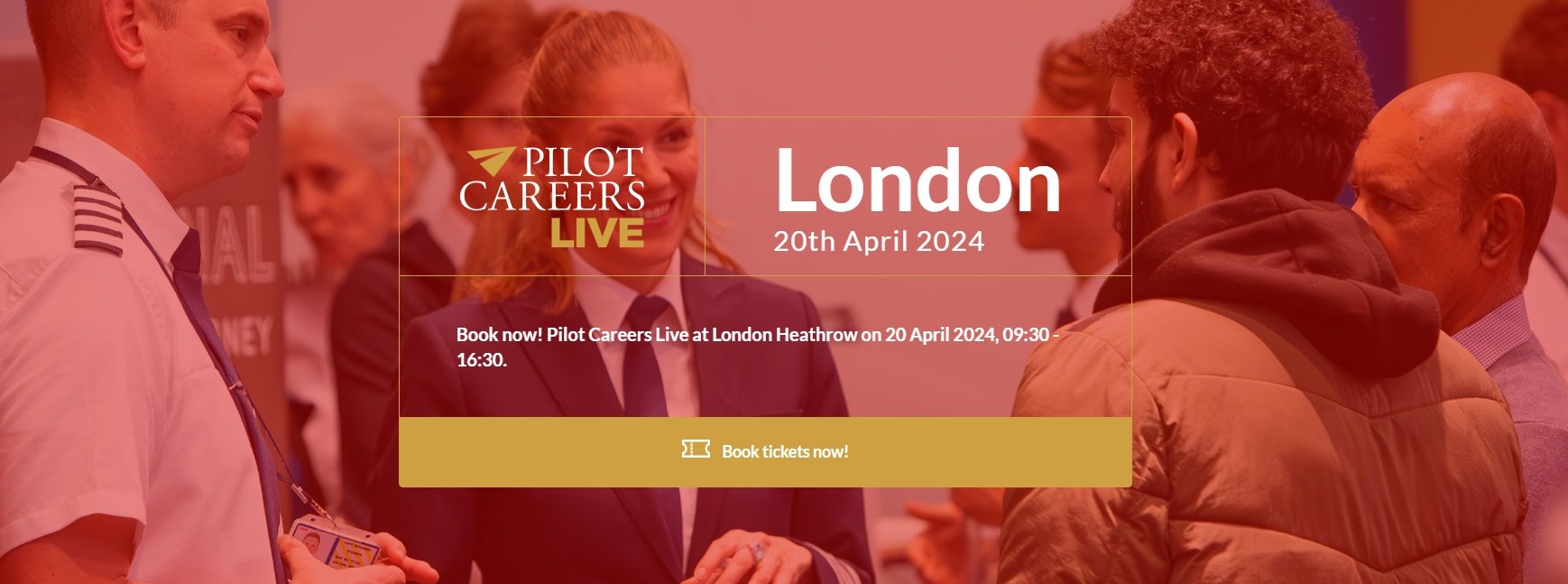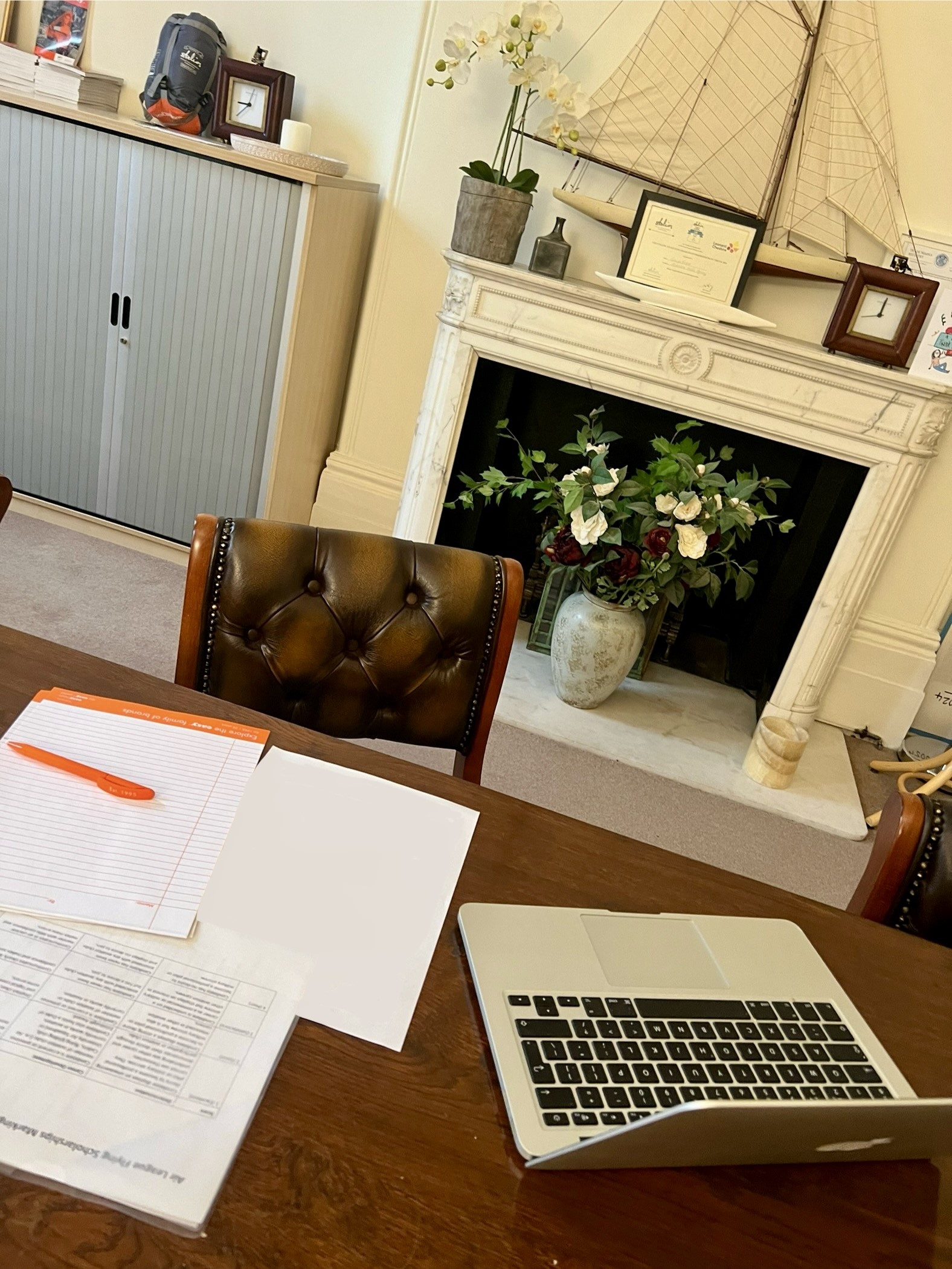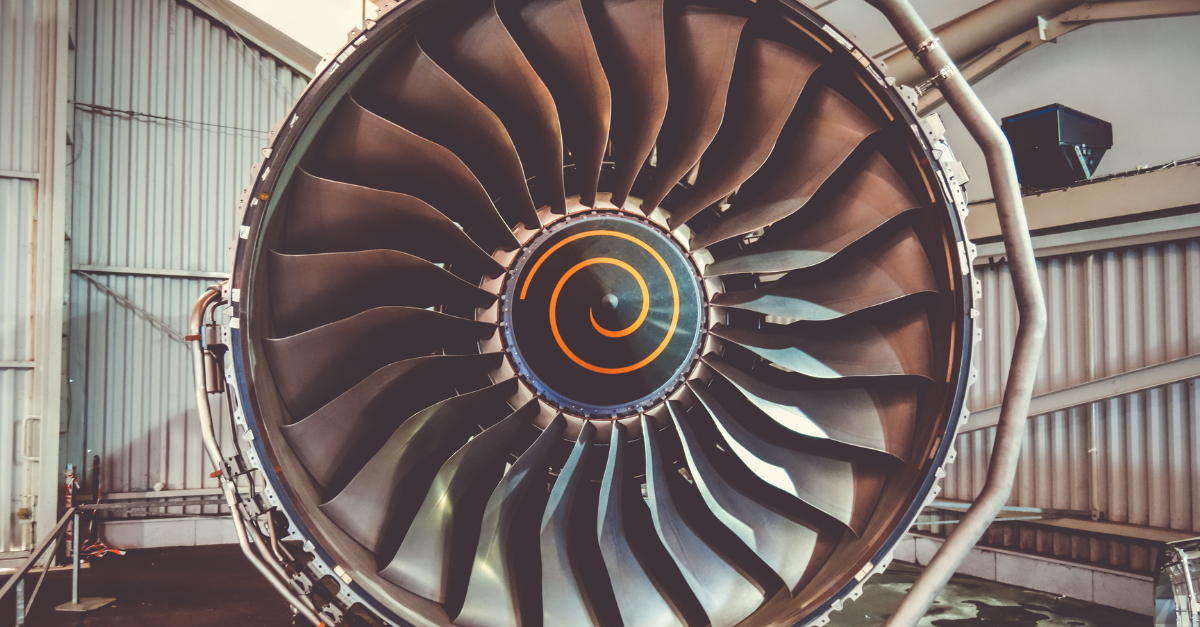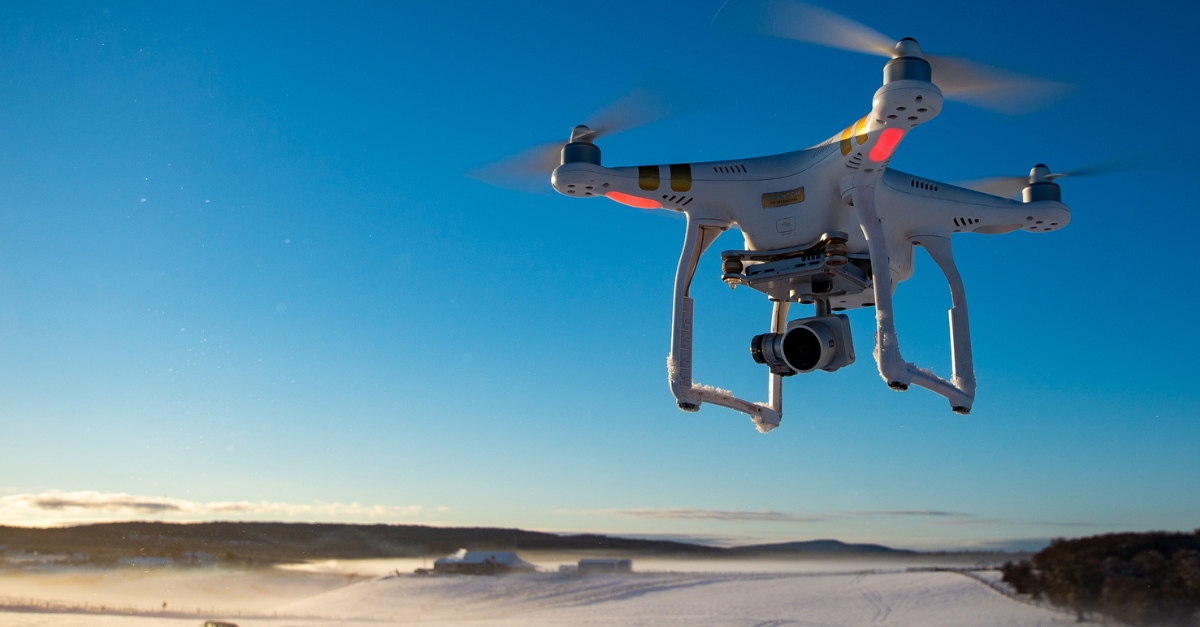HFW – a corporate member of the Air League, recently talked to our Sustainability Lead, Bridget Donaldson about the work the charity is doing, why sustainability is so important for the industry and how young people are shaping the future of aviation.
Copyright © HFW – Click here for the full article
The Air League was founded in 1909. What are its origins?
The Air League was originally set up as a politically focussed organisation and was instrumental in developing an aviation agenda within government. Over the years it has changed focus and is now a not for profit organisation. Launching the Air Cadet organisation in 1938, was the first move within the charitable sphere and we began to take a real interest in supporting young people. This has developed over time and now we’re the biggest provider of flying and engineering scholarships in the UK. With the support of our key partners, which include Airbus, Boeing, British Airways and the Department for Transport among others, we distribute funding and resources into our scholarships and outreach programmes to help young people get a taste of an industry they might not otherwise have had the opportunity to discover whether that’s military or civilian aviation.
It has at its core the vision to change lives through aviation. How is this achieved?
We have a variety of different programmes which are really powerful. In fact it was our scholarship awards event last night and to see over 100 young people who have benefitted from our scholarship programmes over the past year, all with different, inspirational stories, it’s extraordinary. I myself grew up in Newcastle and my parents didn’t have the means to support me into an aviation career -it was the Air Cadets and the Air League which kickstarted my passion for aviation. I had always thought that pilots were superhuman with straight As at school, and I didn’t think I’d ever be that person. Today I have a private pilot’s licence, I’m working in aviation and doing a PhD in Sustainable Aerospace Engineering at Oxford University. I definitely wouldn’t be where I am today without the support of the Air League. The organisation is so unique because we take a chance on young people who otherwise wouldn’t have had that chance. A colleague of mine has a similar story, growing up on a council estate and working as a postman, he always dreamed of being a pilot. Through the support of The Air League he received a flying scholarship which helped him achieve his PPL and was later successful in joining the Easyjet cadet programme and is now a commercial pilot. We have so many people across the industry, such as engineers, air traffickers, and cabin crew all with similar stories.
How do the partnerships with major industry players come about?
We have several long-standing partners, and our trustee board is also made up of people such as directors from the biggest airlines, senior military personnel, and various senior executives from across the industry. Over the past few years it’s been a little difficult to justify why people should be spending money on aviation rather than perhaps encouraging young people to go into industries with more quantifiable benefits to society. But aviation connects the UK to the rest of the world and it’s not just about aviation, its also about giving young people life skills and opening their eyes to a different perspective on the world, creating friendships, and networking.
However, we do need to refocus and sustainability is the driving force behind every part of the aviation industry – it’s how the industry is going to keep flourishing.. We need to be looking at the next few decades and that’s why I’m passionate about instilling sustainable air mindedness with every programme we deliver.
What are the other sustainability focused ventures and collaborations you are working on as an organisation?
We are currently developing a sustainable aviation, aerospace and space collaboration. The aim is to ensure we stand in solidarity with the rest of the industry, putting sustainability at the heart of everything we do as an organisation and enabling us to bridge the gap between young people, industry and government. At the moment we are asking all partners of The Air Leaque within industry, defence and government to work with us to support young people in the field of sustainable aviation. Every organisation we work with offers something different. So we might get funding from one company or physical placements and opportunities from another. Everybody has a role to play in securing the future of the sector and supporting our young people especially in a constantly adapting and changing industry. We welcome a constant commitment from organisations which will put young people at the very heart of all we do, going right down to grass roots level. I hope our organisation can act as a platform for real collaboration across the industry, with a genuine focus on young people and their future, leading us to a sustainable sector and a historic new age of aviation.
You’re also in the process of finalising the UK’s first electric flying scholarship. What will this entail?
It’s going to involve a battery powered electric aircraft, which is charged up at the airfield. We want the whole flight element and the scholarship itself to be completely green. One of the airfields we’re working with is looking at generating their own electricity through solar and wind, as well as collaborating with their local grid. We are also thinking about how the scholar will travel and be accommodated, and there are quite a lot of initiatives such as tree planting at the airfield and local area and we’d like to build in activities such as this into the program. It’s a small drop in the ocean but it’s a start.
How far are we realistically away from a carbon neutral aviation industry?
Even though aviation contributes only around 2-3% of global emissions, we’re quite some way off. If it was just domestic flying it would be a lot easier as we could use policy instruments to control things like fuel acquisition and infrastructure. But globally it would take billions of pounds to change the set up and infrastructure of infrastructure and airfields internationally, so it’s a question of who picks up that bill. Is it the country itself or is it the international operator? Equally, SAFs (sustainable aviation fuels) are not scalable at the moment and in the longer term, we can’t expect operators to stop using perfectly working existing aircraft platforms in place of new concepts. That said there are brand new concepts in the works that we won’t have even heard about yet.
Why are partnerships like the one with HFW important?
HFW is a corporate member of The Air League. In the past few years we’ve started to work with organisations that typically we wouldn’t have in the past, and HFW is a good example. It’s not an aerospace engineering company, airline or airport, but today we’re really keen to promote careers outside of the traditional aviation or engineering space. As a law firm HFW demonstrates the possibility of legal careers in the industry, something which our young people may not have ever considered. We always see HFW representatives at our events, and they’re very actively engaged in the charity. It’s really important for us to show every aspect of the aviation industry and promote all different career paths.
How do you feel about the progress being made in aviation industry in terms of sustainability?
It’s taken a while for attitudes in the industry to change and it’s only in the last 18 months that we’ve started to see really positive change towards a sustainable aviation industry. Previously the work that needed to be done was quite underestimated. Post Covid, everybody seems to be on board as to how it is the key to change.
It’s a massive challenge but I do feel positive and it’s not something that’s going to happen overnight. Issues with international policy, infrastructure, technology development and trying to change attitudes are not easy to overcome. There are people who are resigned to the fact that it’s never going to happen successfully in their lifetime, so it is critical that we inspire the younger generation. They are the ones who are going to change the world.














































